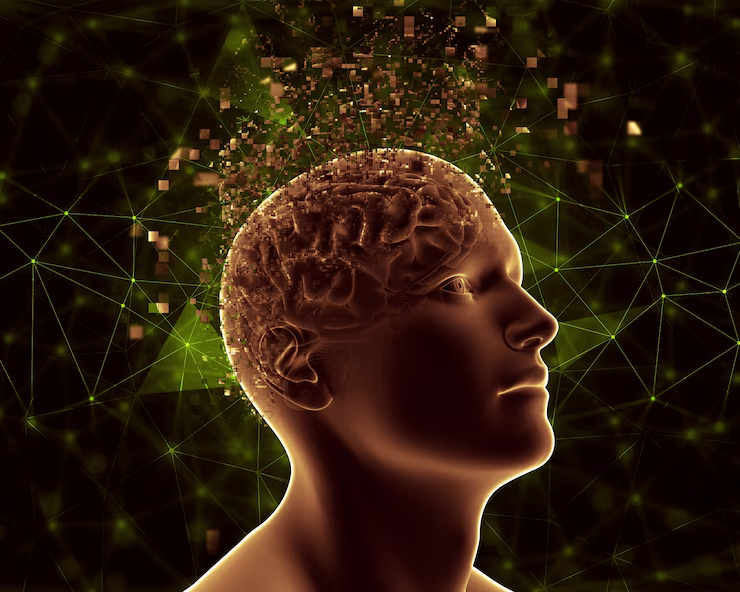
AI Applications in Mental Health:
-
-
Early Detection and Prevention:
AI algorithms can analyze vast datasets, including medical records, social media posts, and even sensor data, to identify individuals at risk for developing mental health conditions. This early detection allows for timely intervention and potentially prevents the progression of mental illness.
-
-
Personalized Treatment:
AI can analyze patient data, including biomarkers, medical history, and treatment outcomes, to create tailored treatment plans. This personalized approach can lead to more effective interventions and better outcomes.
-
Virtual Therapy and Support:
AI-powered chatbots and virtual assistants can provide immediate support, counseling, and even psychotherapy. These tools can be particularly helpful for individuals who may not have easy access to traditional mental health services.
-
Improved Diagnostic Accuracy:
AI can assist in diagnosing mental health conditions by analyzing patterns in data, identifying biomarkers, and providing objective insights. This can help to overcome the subjective nature of traditional diagnostic methods.
-
Research and Understanding:
AI can accelerate mental health research by analyzing large datasets to identify patterns, predict outcomes, and develop new treatments. This can lead to a deeper understanding of mental health disorders and their causes.
Ethical Considerations:
-
Data Privacy and Security:
AI systems rely on large amounts of personal data, raising concerns about privacy and security. Robust data protection measures are essential to ensure patient confidentiality.
-
Algorithm Transparency and Explainability:
AI algorithms can be complex and difficult to understand, making it challenging to ensure transparency and accountability. It’s important to develop algorithms that are explainable and transparent, allowing clinicians to understand how they work and why they make certain recommendations.
-
The Human Element in Therapy:
While AI can provide valuable support, it’s crucial to remember the importance of the human element in therapy, such as empathy, trust, and rapport. AI should complement human clinicians, not replace them.
-
Cultural Sensitivity:
AI tools should be designed to be culturally sensitive, recognizing that different cultures may have unique ways of expressing and coping with mental health challenges. This requires diverse development teams and collaboration with mental health professionals who have cultural expertise.
-
Bias in AI Algorithms:AI algorithms can be biased if they are trained on data that is not representative of the population being served. It’s important to identify and address potential biases in AI algorithms to ensure fair and equitable outcomes.



